Written by BABA AHMED and TARIK EL BARAKAH
A Malian woman has given birth to nine babies at once — after expecting seven, according to Mali’s Minister of Health and the Moroccan clinic where the nonuplets were born.
It appeared to be the first time on record that a woman had given birth to nine surviving babies at once.
The five girls and four boys, and their mother, “are all doing well,” Mali’s health minister said in a statement.
The mother, 25-year-old Halima Cisse, gave birth to the babies by cesarean section on Tuesday in Morocco after being sent there for special care, Mali’s top health official announced.
Associated Press reporters saw some of the babies wiggling their hands and feet inside incubators Wednesday in the private Ain Borja clinic in Casablanca. Medical staff checked their status regularly in the neonatal ward wallpapered with cartoon characters.
Cisse had been expecting seven babies. Malian doctors, under government orders, sent her to Morocco for the births because hospitals in Mali, one of the world’s poorest countries, are ill-equipped to provide adequate care for this exceptional multiple pregnancy.
The Casablanca clinic’s director Youssef Alaoui told Moroccan state TV that they had been contacted by Malian doctors about the case a month and a half ago. They were not expecting nine babies, he said.
Cisse gave birth prematurely at 30 weeks and is now in stable condition after heavy bleeding for which she was given a blood transfusion, he said.
The cesarean was ordered after Cisse had “birth pains,” Alaoui, the clinic director, said. The babies weigh between 500 grams and one kilogram (1.1 and 2.2 pounds).
The Guinness Book of World Records said in an email to The AP on Wednesday that its current record for most living births at once is eight, and that it is verifying the Morocco birth.
The current holder of the Guinness record is American Nadya Suleman, who gave birth to eight premature but otherwise healthy children in 2009.
Alaoui, the clinic director, told The AP that as far as he was aware Cisse had not used fertility treatments. The Malian health ministry did not provide any other information about the pregnancy or births.
Yacoub Khalaf, a professor of reproductive medicine at King’s College London, said that such births would be extraordinarily unlikely without fertility treatment, and noted the dangers involved with such multiple births.
The mother “was at severe risk of losing her uterus or losing her life,” he said. The babies “could suffer physical and mental handicaps. The risk of cerebral palsy is astronomically higher.”
He urged more awareness worldwide about monitoring fertility treatments and about the risks and costs of having so many premature babies at one time.
Related Stories
‹
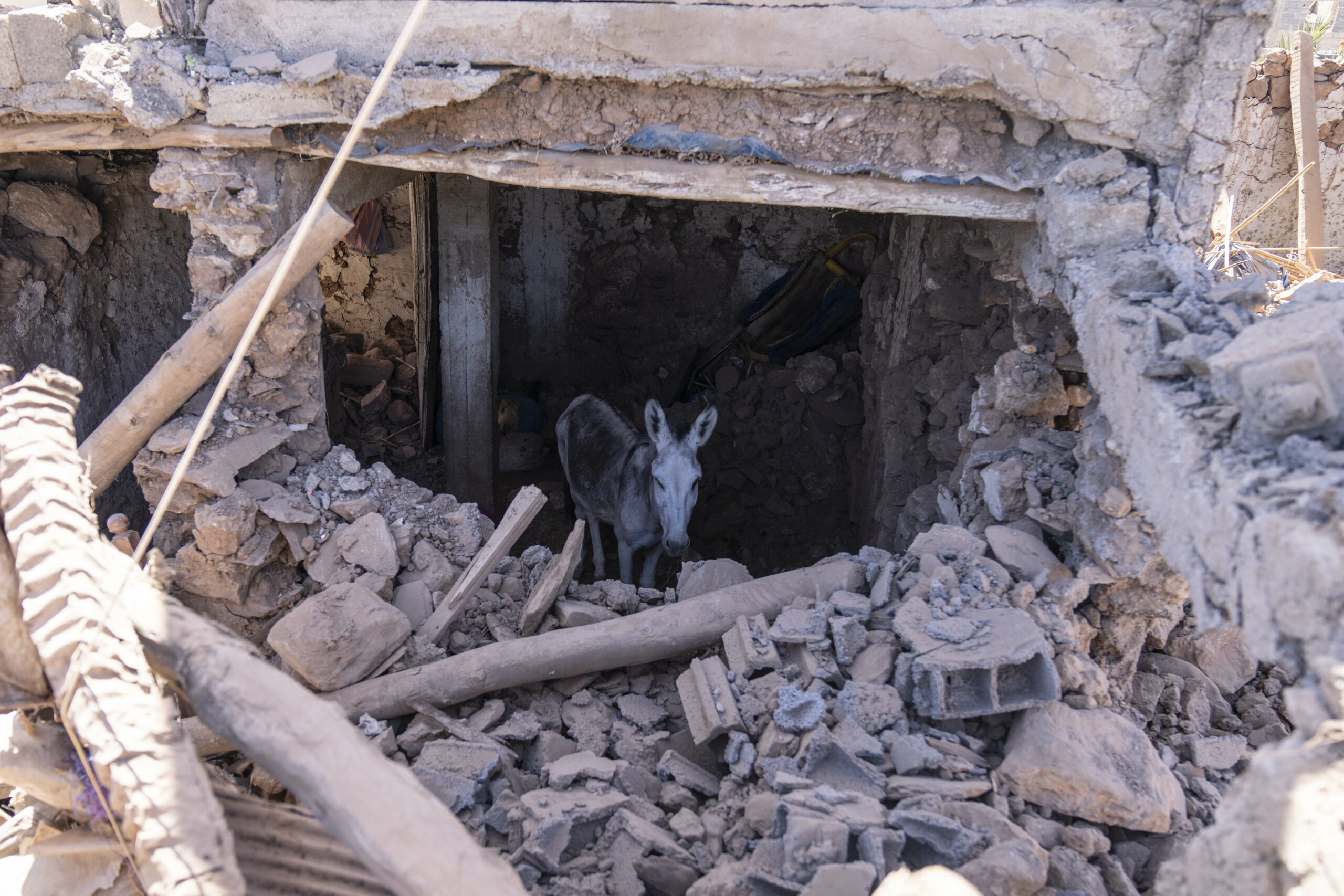
Moroccans With Shovels and Bulldozers Dig Through Rubble but Hope for Survivors Dwindles After QuakeWritten by SAM METZ and MOSA’AB ELSHAMY Survivors with shovels worked alongside bulldozers Monday to dig through remote Moroccan villages flattened by a monstrous earthquake, as hope dwindled of finding people alive under wood-and-dirt homes that pancaked into rubble and rescuers overseas waited for Morocco to let them help. More than 2,400 were killed when the […]
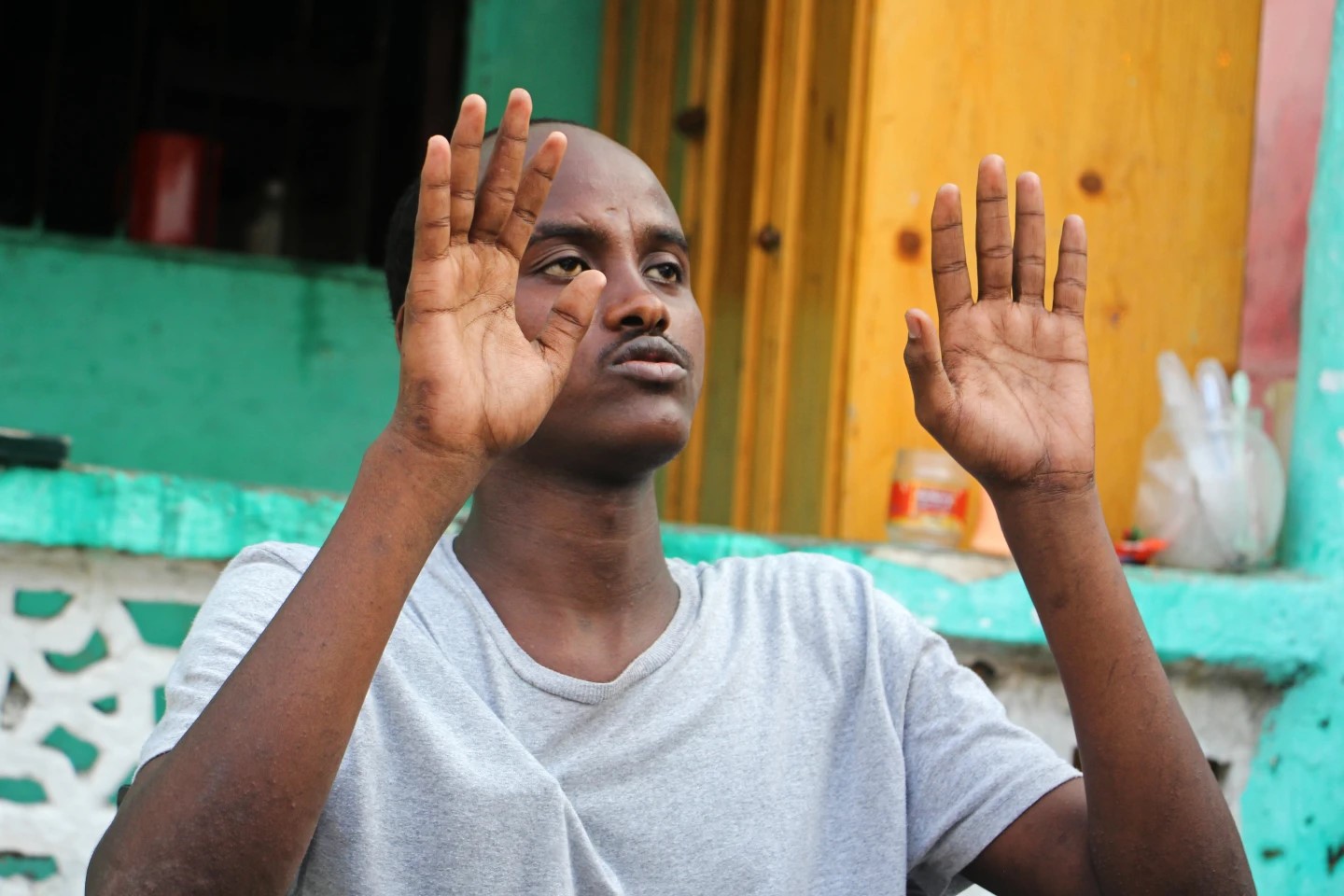
Why Somali Migrants May Still Aim for US Despite Travel RestrictionsSomali migrant Mohamed Abdi Awale endured horrors on an ill-fated journey across Africa to seek a better life in the West — but he’s determined to try again one day
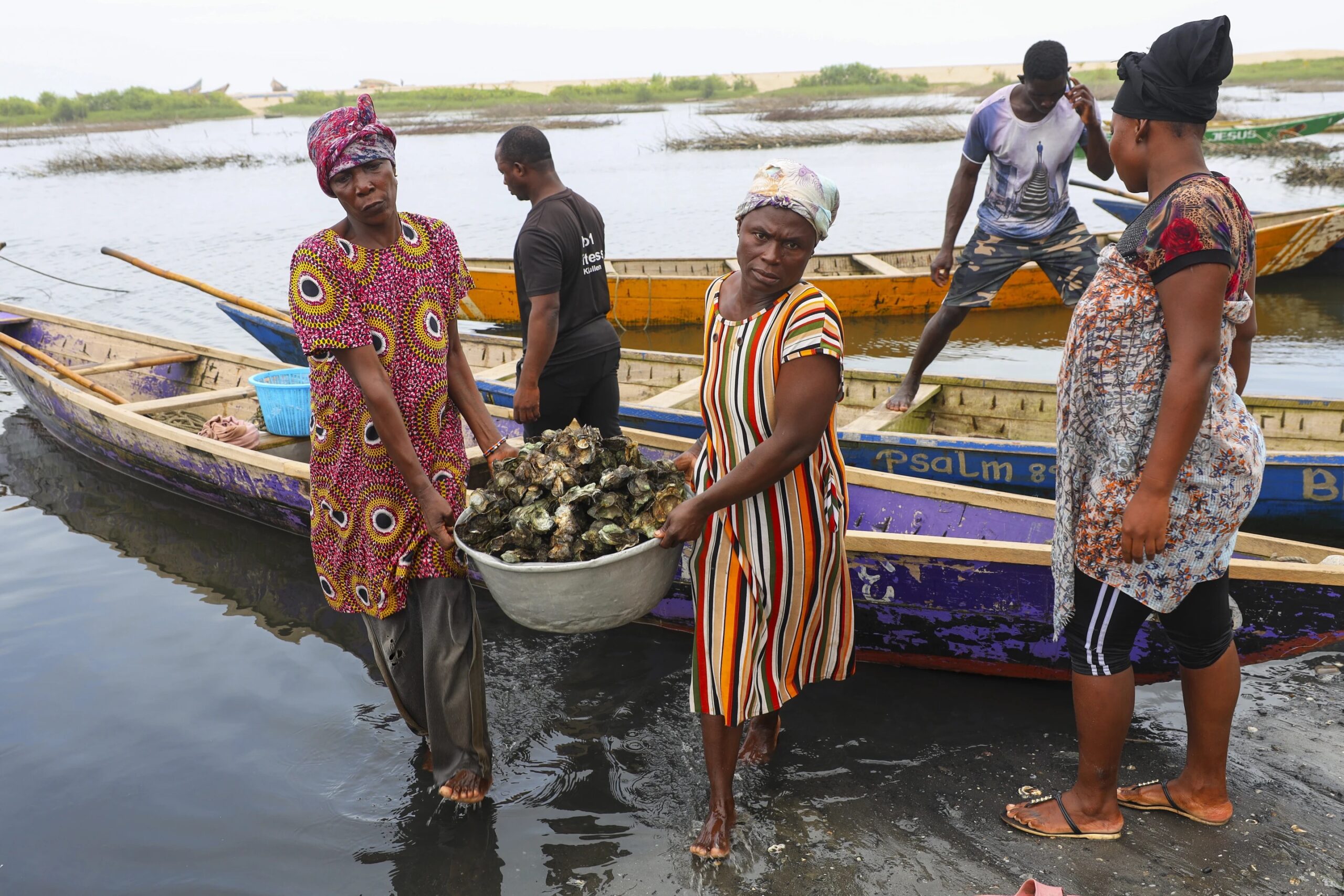
In Coastal Ghana, Female Oyster Farmers Try to Save an Old Practice Threatened by Climate ChangeIn Ghana’s coastal mangroves, oyster farming has been a key source of livelihood dominated for ages by women.
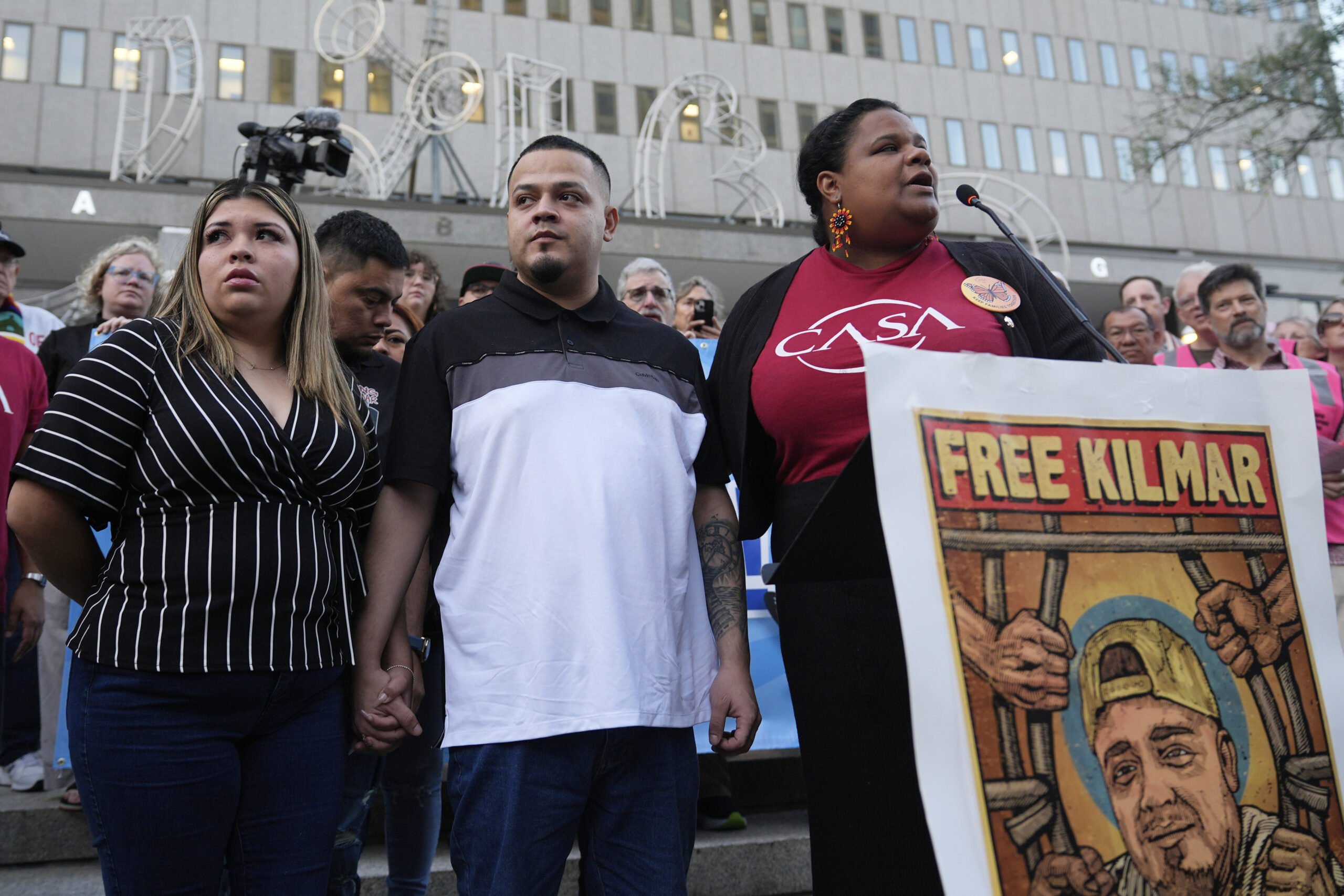
Some in Uganda Question a Deal To Receive Deportees From the US Like Abrego GarciaOpposition figures and others in Uganda on Tuesday criticized an agreement with the United States to receive deported migrants, questioning the lack of parliamentary approval.
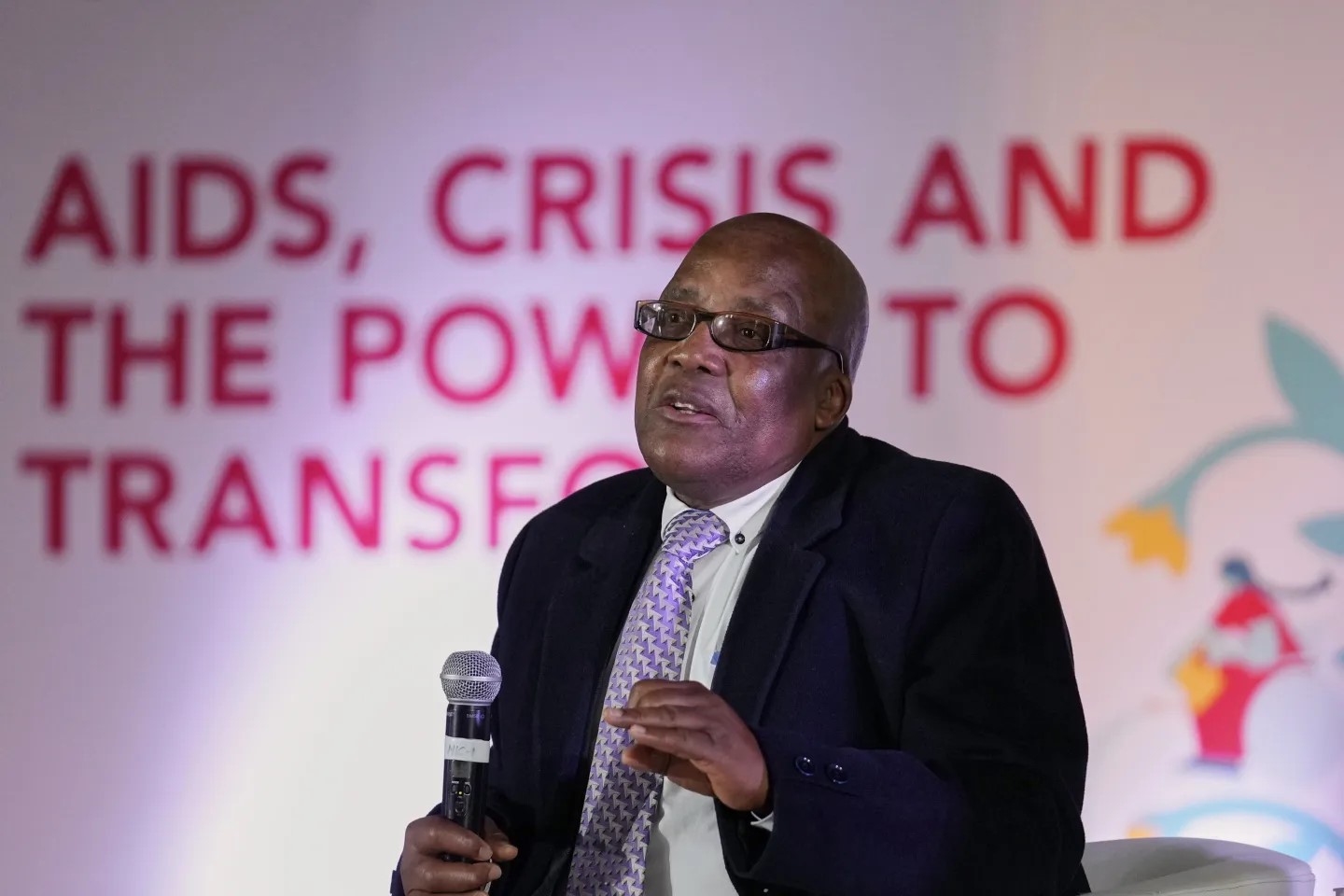
UN Says if US Funding for HIV Programs Is Not Replaced, Millions More Will Die by 2029In the last six months, the sudden withdrawal of U.S. money has caused a “systemic shock,” to the world's response to HIV infections.
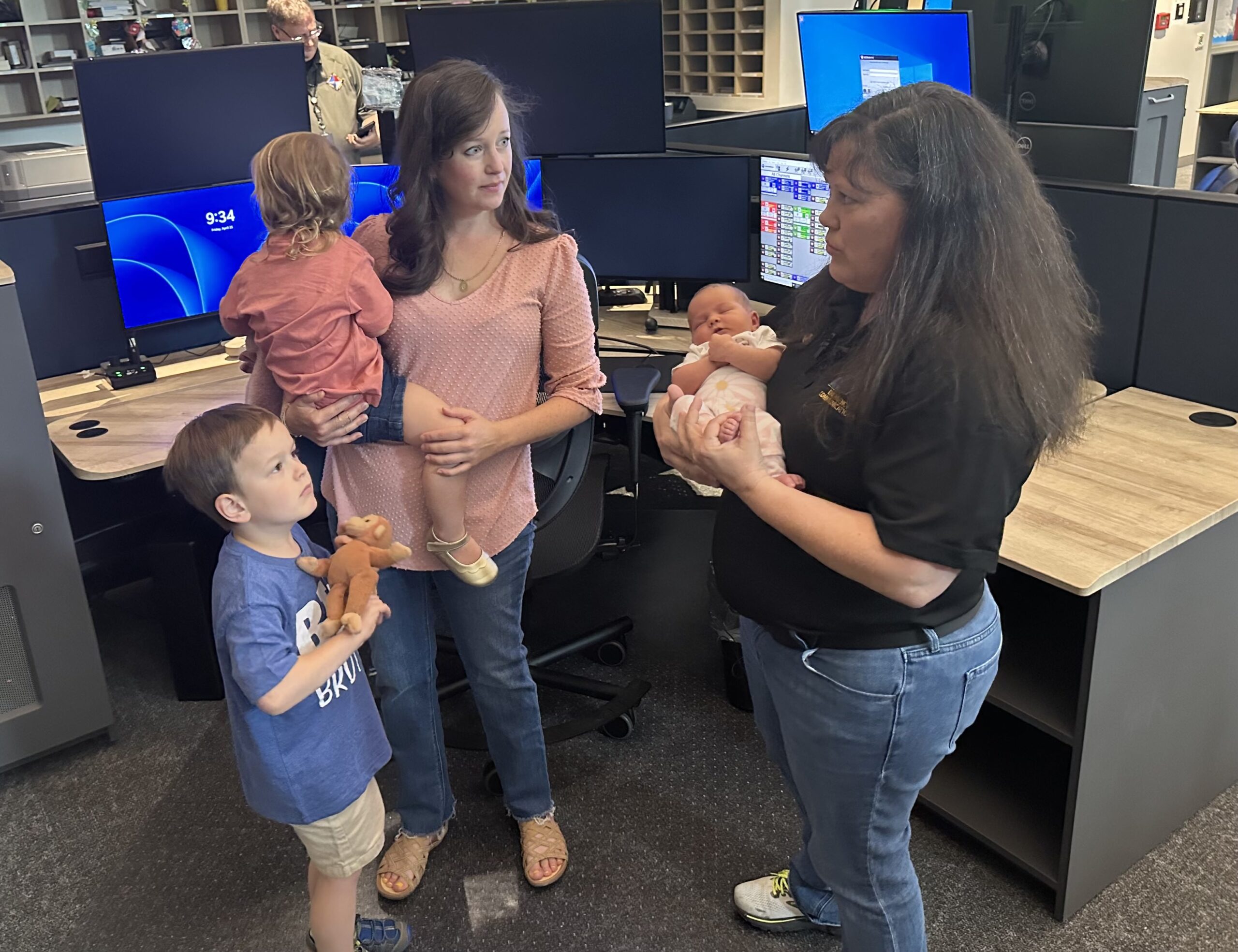
Chatham County 911 Operator Helps a Woman Give Birth at HomeAfter entering labor, Chatham County's Sarah Gianni called 911 and was helped by operator Lorie Teague. Now they've met for the first time.
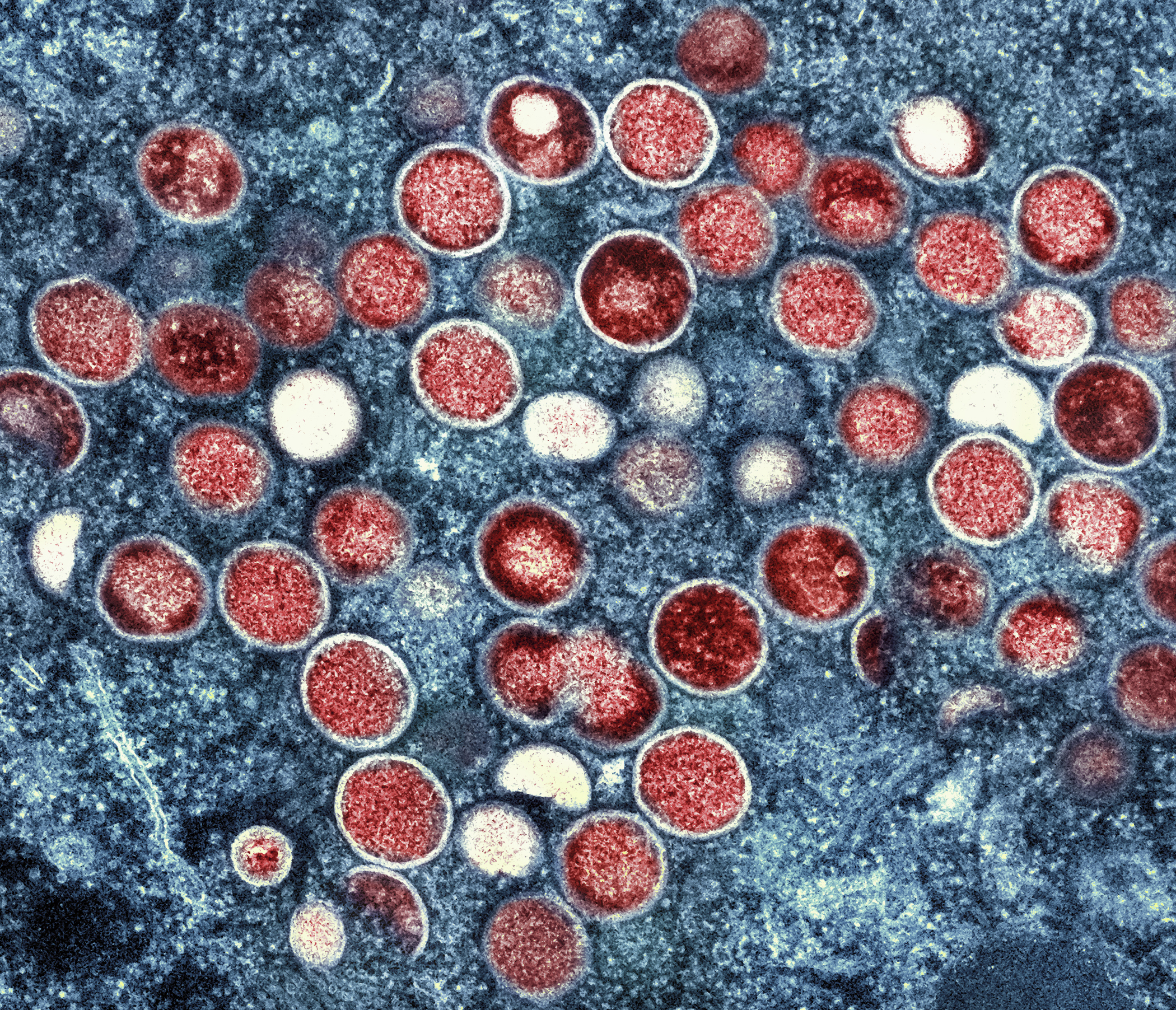
WHO Declares mpox Outbreaks in Africa a Global Health Emergency as a New Form of the Virus SpreadsThe World Health Organization declared the mpox outbreaks in Congo and elsewhere in Africa a global emergency on Wednesday, with cases confirmed among children and adults in more than a dozen countries.

Burkina Faso’s Security Forces Are Killing More Civilians. Survivors Detailed 1 Village’s MassacreA stark increase in civilian killings by Burkina Faso’s security forces has been reported as the junta faces a growing jihadi insurgency.
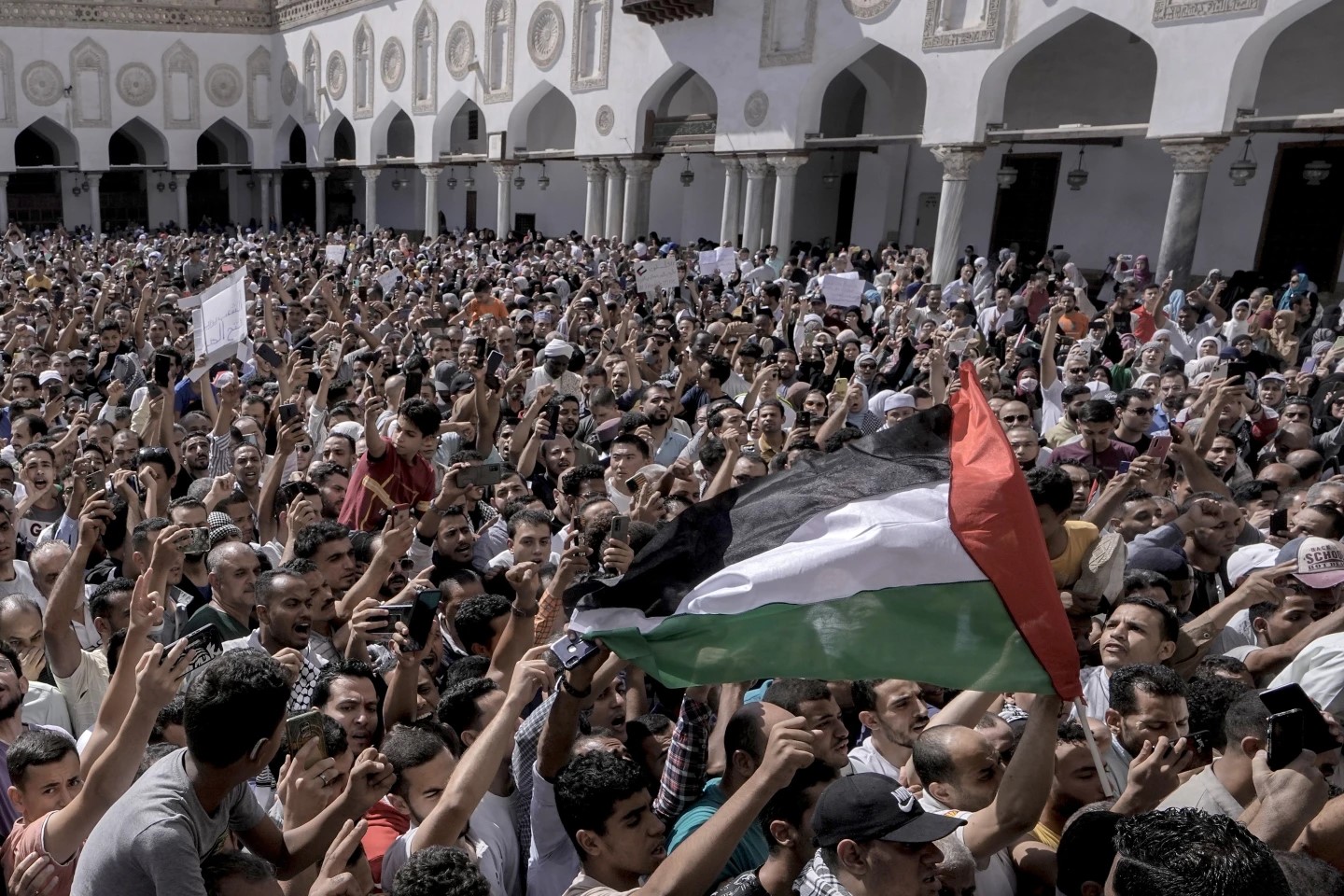
Opposition Mounts in Arab Countries That Normalized Relations With IsraelWritten by SAM METZ Arab nations that have normalized or are considering improving relations with Israel are coming under growing public pressure to cut those ties because of Israel’s war with Hamas. Tens of thousands of people have taken to the streets of Rabat and other Moroccan cities in support of the Palestinians. In Bahrain […]
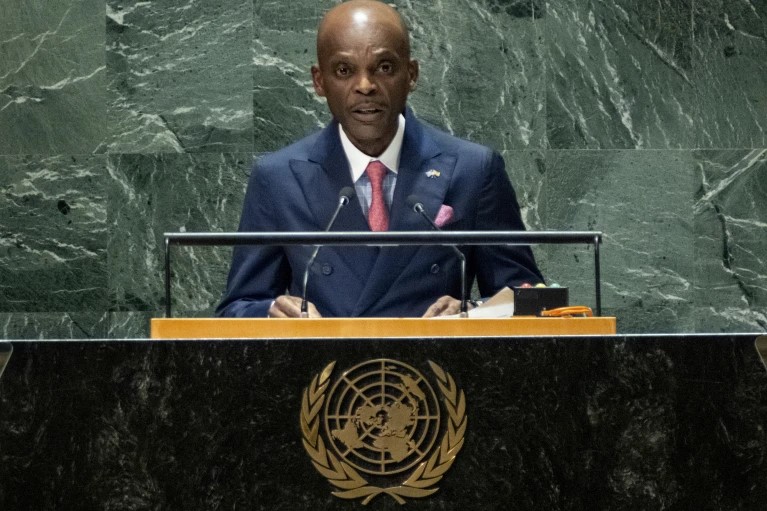
Many Powerful Leaders Skipped the UN This Year. That Created Space for Emerging Voices To RiseWritten by TED ANTHONY Togo’s foreign minister wasn’t having any of it. He talked of an accelerating “African awakening,” of a resolve to “fight our own battles,” of a refusal to be banished to the children’s table while the musclebound great powers of the 20th century moved chess pieces around the board. “Nobody is at […]
›











